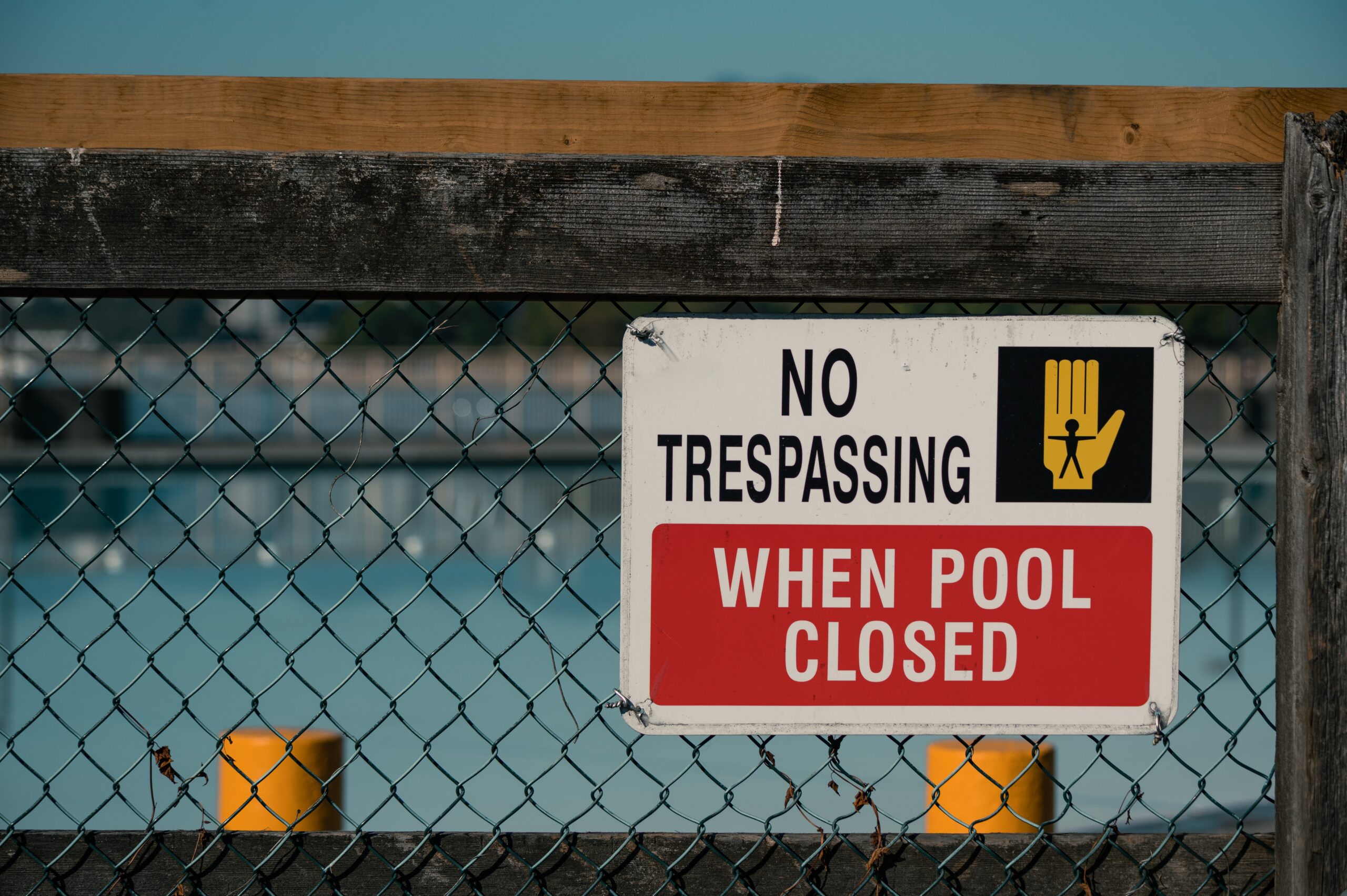Building a pool is an exciting project, but before you start digging, it’s important to understand the regulations that come with it. Here’s what you need to know before you build a pool.
Here are some of the regulations you need to know before you build a pool:
- Fencing and Barrier Requirements
Most jurisdictions require that pools be enclosed by a fence or barrier to prevent unauthorized access. The height and type of fence and barrier required may vary depending on your location, but it’s important to comply with these regulations to ensure the safety of children and pets.
- Pool Depth Requirements
Pool depth regulations are in place to prevent accidents and ensure that swimmers can safely touch the bottom of the pool. Most jurisdictions require that the shallow end of the pool be at least three feet deep and the deep end be at least six feet deep. It’s important to check with your local government to determine the exact requirements in your area.
- Drainage and Filtration Requirements
Proper drainage and filtration are essential to maintain the cleanliness and safety of your pool. Regulations require that pools have a system to filter and circulate the water and to prevent water from overflowing onto neighboring properties.
- Electrical and Plumbing Requirements
Pools require electrical and plumbing connections to function properly. Electrical regulations require that pool equipment be grounded and bonded to prevent electrical shock, while plumbing regulations require that pool water be properly drained and disposed of.
- Permits and Inspections
Building a pool typically requires a permit from your local government, and inspections may be required at various stages of construction to ensure that your pool complies with regulations. It’s important to obtain the proper permits and schedule inspections to avoid fines and penalties.
By understanding these regulations and complying with them, you can ensure that your pool is safe and legal. It’s also important to work with a reputable pool builder and obtain the necessary permits and inspections to ensure that your pool is built to code.
#poolregulations #poolsafety #poolbuilding #compliance #backyardpool #poolpermits #poolinspections #poolbuilder



